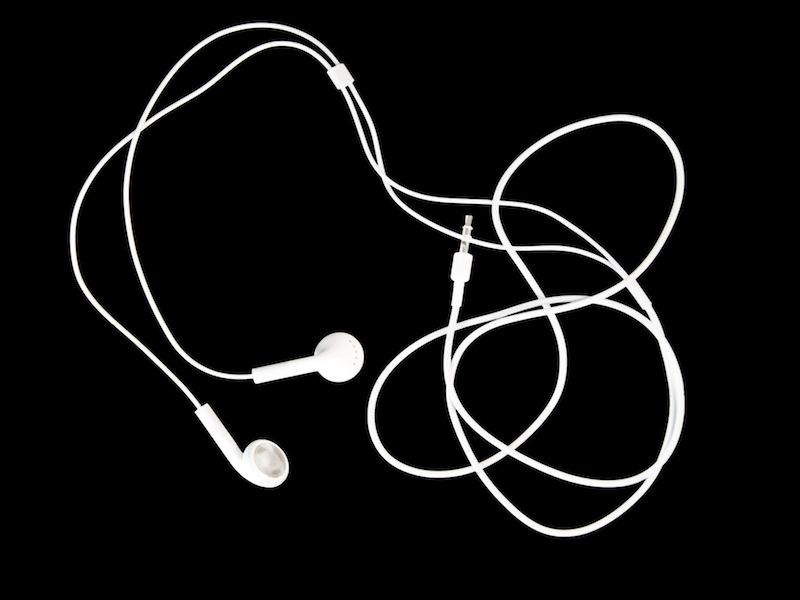
If you haven’t had your hearing tested since you were in grade school, you’re not alone. Regrettably, we have a habit of treating hearing loss reactively rather than proactively, and a normal adult physical normally doesn’t include a hearing test. As a matter of fact, even when they realize they have loss of hearing, most people disregard it for up to seven years which can significantly impact your health. As a matter of fact, in the long run, it’s been proven that your general health expense will go up if you have untreated loss of hearing.
The good news, hearing exams are easy, painless, and give a wealth of facts for our professionals to assist you, both for diagnosing hearing concerns and assessing whether interventions such as hearing aids are working. A full audiometry test is more involved than what you might remember from childhood and you won’t get a lollipop or a sticker when it’s finished but you’ll gain a much clearer understanding of your hearing.
While you might not give the condition of your hearing as much attention as you would the health of your eyes or your teeth, it is essential that you regularly get your hearing checked. You might not notice an issue with your hearing for a long time. Loss of hearing normally occurs slowly, and the earlier you recognize a problem with your hearing, the sooner you might be able to fix it.
When Should You Get Tested?
Usually the hospital will test infants for hearing loss before they send them home. Teenagers should be screened during regular exams with their doctors and children should get formal hearing assessments at the ages of 4, 5, 6, 8 and 10 years old according to The American Academy of Pediatrics.
It’s suggested that if you are between the ages of 18 and 49, you have your hearing checked every five years and then, as you age, more often. After you turn 60 you need to get checked every two years and if you are in between 46 and 60 every three. But you may need to get checked more frequently. The regularity with which you should get tested will ultimately depend on your specific circumstances. If you notice your hearing isn’t what it once was, you should have it examined right away. Quite a few health concerns are associated with neglected hearing loss, such as increased risk of falling, cognitive decline, and depression. Your capacity to do work effectively and your relationships can also be affected.
And you need to get a hearing exam, in some situations, as soon as you can if you have hearing loss that is getting quickly worse. An immediate hearing test is advisable if:
- Pinpointing where sounds are coming from is difficult
- Conversations are difficult to hear when you are in a crowded area especially
- There is earwax buildup or you had an ear infection
- You are experiencing vertigo
- You find yourself having to constantly ask people to repeat themselves
- Your ears have constant ringing in them
Whether you are at risk of hearing loss is another factor. You should have your hearing screened more often, for example, if you are subjected to loud noise or if hearing loss runs in your family.
There are also over 200 ototoxic medicines. From Aspirin to certain antibiotics, these medications can be very harmful to your hearing. Check with your doctor to make sure any medicines you are taking aren’t affecting your hearing. Think about having your hearing tested more regularly in order to address any hearing loss immediately if you are taking any ototoxic medications.
Also, think about your habits and whether they may contribute to hearing loss. Frequently using your earbuds? There’s been a significant increase in younger people who have hearing loss, which many experts attribute to the increased use of earbuds and other headsets. shows, loud concerts, and machinery can also do appreciable damage to your hearing. If you think that it’s time for you to get your hearing examined, schedule an appointment today.